Reflections by Cécile Molinier, former senior UN official
Anniversaries are cause for celebration, and for reflections on past and current achievements. Yet, reflections on the UN’s 75th anniversary have been far from celebratory, and the gloom is magnified by concern about the impact of a pandemic which has shaken a largely unprepared world to its foundations, and weakened the UN even further.
Is the UN still relevant?
Questioning the UN’s relevance, impact, effectiveness and efficiency is not new. Such questioning has led to a welcome focus on aid effectiveness, enhanced coherence and working together better in the field and at Headquarters. What is new, however, is a sense that the world is so radically different now from what it was in 1945 that it calls for a radically different expression of multilateralism in support of collective security and of collective action for sustainable development.
But if the relevance and effectiveness of the institutions that embody multilateralism should indeed be questioned, hence the need for in-depth reform, does that mean that the values and principles on which multilateralism and the UN are built are no longer relevant? It would not seem so, as evidenced by the directness and simplicity of the draft Declaration on the commemoration of the seventy-fifth anniversary of the United Nations, approved unanimously on 7 July 2020 and to be adopted by the General Assembly on 21 September.
Back to basics
True, the UN as it currently operates does not make enough of a difference, but it still does, and it could do so much more if its different stakeholders, the “first UN” of member States, the “second UN” of UN staff, and the “third UN” of civil society, did not lose sight of the straightforward and forceful principles enshrined in the UN Charter, the Universal Declaration of Human Rights and other basic documents of international law.
Contrary to the “concert of nations” that prevailed until the first world war, resting on alliances and division of spoils among a few major, largely colonial, powers, the Charter declares the principle of sovereign equality of all States, and the right to self-determination of peoples, while the Preamble of the Universal Declaration of Human Rights states that …”recognition of the inherent dignity and of the equal and inalienable rights of all members of the human family is the foundation of freedom, justice and peace in the world..” People, humanity, are what the UN is all about. Human development is about putting people first and about enlarging their choices, and humanity is the first principle of humanitarian action, with neutrality and impartiality as its corollaries.
Making a difference to the lives of people everywhere
Since its foundation, the UN has made a tremendous difference to the lives of millions of people, bringing aid and relief to the poorest and the most exposed, offering a safe space and a public forum to the oppressed, strengthening the institutions and the systems of newly-independent nations, and reaching out to the most marginalised, in keeping with Agenda 2030 and particularly Sustainable Development Goal (SDG) 10, which aims at reducing inequalities within and among countries. Such achievements have been thoroughly documented, not least in the UN’s annual reports on the Millennium Development Goals (MDGs) until 2015, and on the SDGs since.
Drawing on my own experience, when I worked as UN Resident Coordinator in Mauritania, I used the convening power of the UN to bring together under a large tent people from very different backgrounds, social status and political opinions, for a conversation on what it would take to achieve the MDGs in their country. They started the conversation as antagonists, gradually overcame their mistrust and realised how much they had in common in their aspirations for their country’s future. The dialogue that we initiated contributed to a transition towards democracy and to the organisation of the first free elections that the country had experienced. I remember those long lines of women and men waiting patiently in the sand, under the sun, to cast their ballot, a vivid image of empowerment. And in our UNDP Geneva Office, we used the global framework provided by the MDGs/SDGs to articulate different levels of planning and action in support of sustainable development, ensuring coherence and mutual reinforcement between local and national action plans and regional initiatives.
Looking ahead
Looking ahead, as stated in the draft Declaration for the UN 75th anniversary, “the Covid-19 pandemic has reminded us in the most powerful way that we are closely interconnected and only as strong as our weakest link”. That is why the UN puts the most vulnerable at the center of its action, treating them as agents of their livelihoods and of their future, under the protection of international law. And it will continue to make a difference in the lives of millions of people, by reaffirming the core values it is built on, and by bringing together under its multicolored tent the variety of actors who want to contribute to a better future for all, from their different perspectives, united around global goals.
CÉCILE MOLINIER
Former senior UN official
cecileannie.molinier@gmail.com
Article image: UN Photo / Rick Bajornas

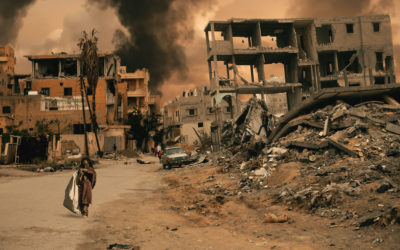
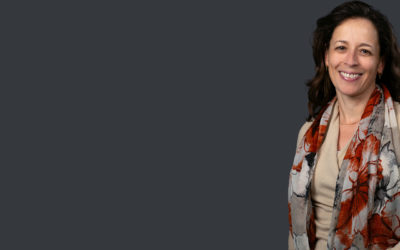
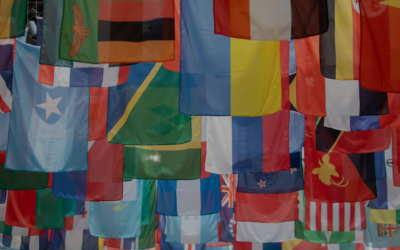
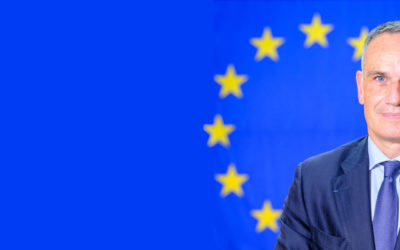
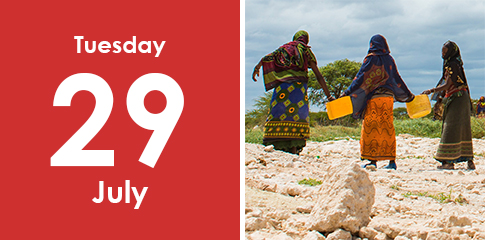

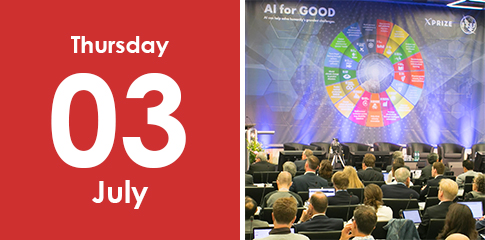

Your experience as UNRC in Mauritania is always valuable.
Many thanks Rongming and best regards.
Cécile.
Thank you for a very interesting blog. I also believe that the convening power of the UN is a huge strength, though often difficult to assess, especially in the short term. For example, the UN brings legitimacy to issues that are being advocated initially by civil society. I have seen the value of providing this ‘umbrella’ in areas such as child and forced labour, nutrition and household care. Thank you again.
Many thanks for your insightful comment Richard, and glad you had positive UN experiences toi!
Best.
Cécile
I am interested in this kind of education. Please send me more info. Thank you
Hi Slavka,
What kind of education are you talking about?
Best.
Cécile